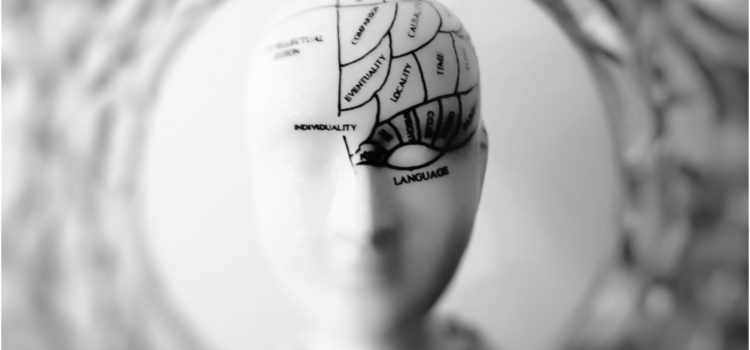What’s the best way to learn about the world? How can you avoid telling lies, even by accident? How might you get people to trust you as a leader? These are just a few questions that Confucius answers in The Analects, a collection of his philosophies. The teachings cover topics such as showing respect for your parents, living a life of integrity, the value of hard work, and the Chinese principles of ren and wuwei. Continue reading for an overview of one of the foundational books of Confucianism.
The Analects: Confucius’s Philosophies for Life (Overview)










